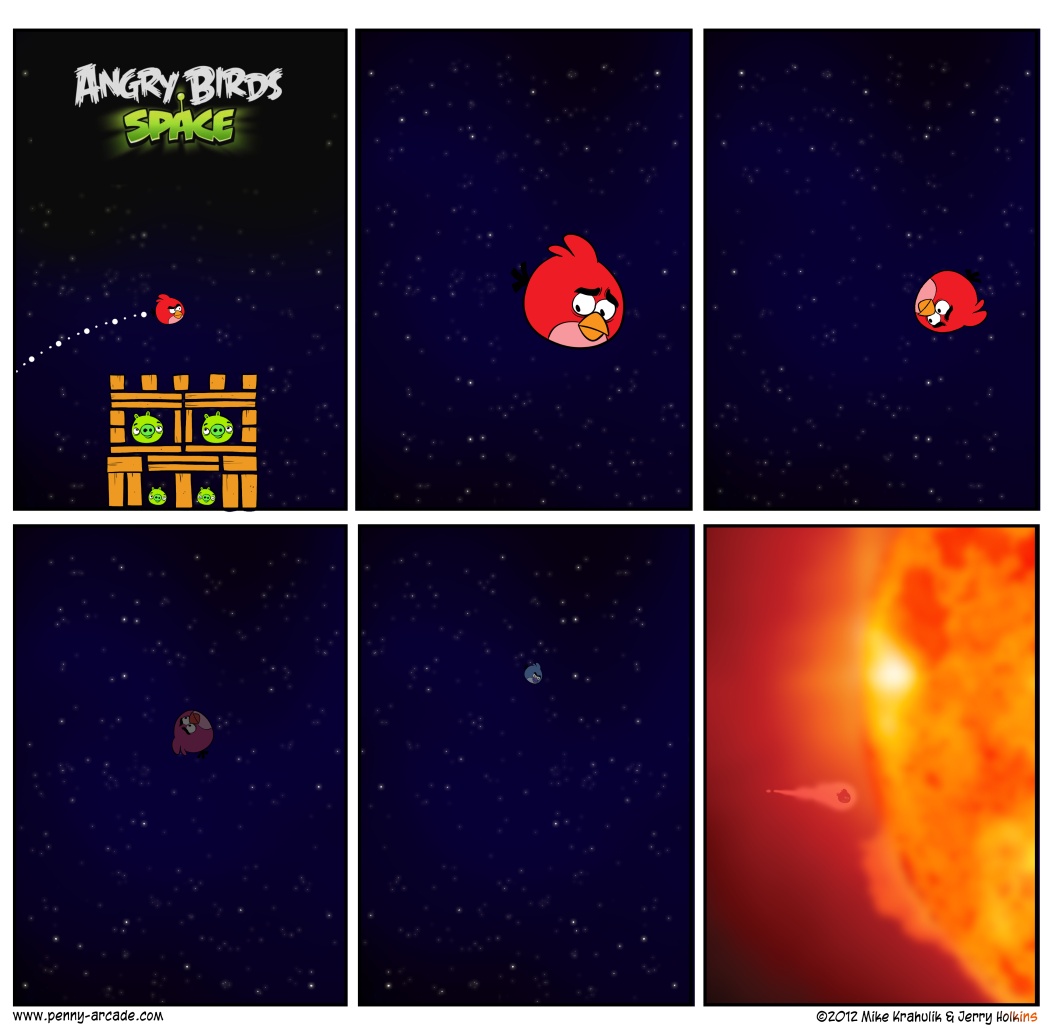I'm not sure exactly what it is. It could be the cold. It could be the long-ass nights and almost infinitesimal daylight. But every year 'round this time, defenses are low. And from the shadows, like a... like a shadow, doth that glittering serpent Continuity make himself known.
Ebert Movieguy made a splash in our realm a couple weeks ago suggesting that videogames weren't now art, and couldn't be art because their interactivity disallows firm authorial intent. I don't think that's a particularly strong point, particularly these days where what the author intends with their work is just a single azure twinkle in the manifold Lite-Brite of interpretation.
The conversation these ideas spawned has actually continued on his site in three (3) installments. I find it almost incalculably boring. Every now and then you get a nice turn of phrase, but it's so clear that the entire "conflict" isn't over core issues but over a syntactical clusterfuck like the definition of art. Something tells me that Roger Ebert's letter column isn't going to get to the bottom of that one, but I have been called a cynic.
It is a conversation we have had and re-had with slight alterations any time some mass media know-nothing doesn't give "us" the respect we imagine ourselves entitled to. But we have the conversation about some high-flown extrapolation of the real issue when I think the basic topic is somewhat more terrestrial.
I don't think that all games aspire to be art, just as all movies don't. Now we call comics sequential art, because they've gone through this cultural hazing and come out the other side emblazoned with the imprimatur of civilization. But does the entire Marvel line-up constitute a body of bold works? Probably not, but it doesn't have to. It's disingenuous to refer to the most primitive, arcade exercises when trying to disprove the narrative potential of a medium, but that's what you get when you chat with people who don't know what they're fucking talking about.
Here's what I think the discussion has skipped over: I don't think that engineering, of which I consider game design a subset, is considered an art form by most people. It may be because I am something of a nerd, or it may be that my own work is so meager that I want the definition of art expanded so that it will apply to me. It might also be that I have had strange experiences with well made, almost psychic bits of technology that I found powerful. But I simply accept that the cleverness of inventive language or visual composition or a stirring string movement has some engineering analog.
Look at something like Final Fantasy, which is a single machine - a machine designed to produce amusement - with some traditional expressive elements that no-one would even consider disproving as art. Uematsu is an unbelievable composer, Amano is a powerfully expressive artist - if you were to combine their contributions, do they somehow cease being art? Now, if characters are created to give the art and music context, does our construct lose the potential to communicate meaning? I think that's a hard case to make. But when Sakaguchi introduces rules to govern world behaviors and resolve conflicts, allowing the player to collaborate with the course of events, now the whole thing becomes tawdry, somehow?
Anyway, that's what I was thinking about.
(CW)TB out.
chalk marks in a rainstorm
December 19, 2005
